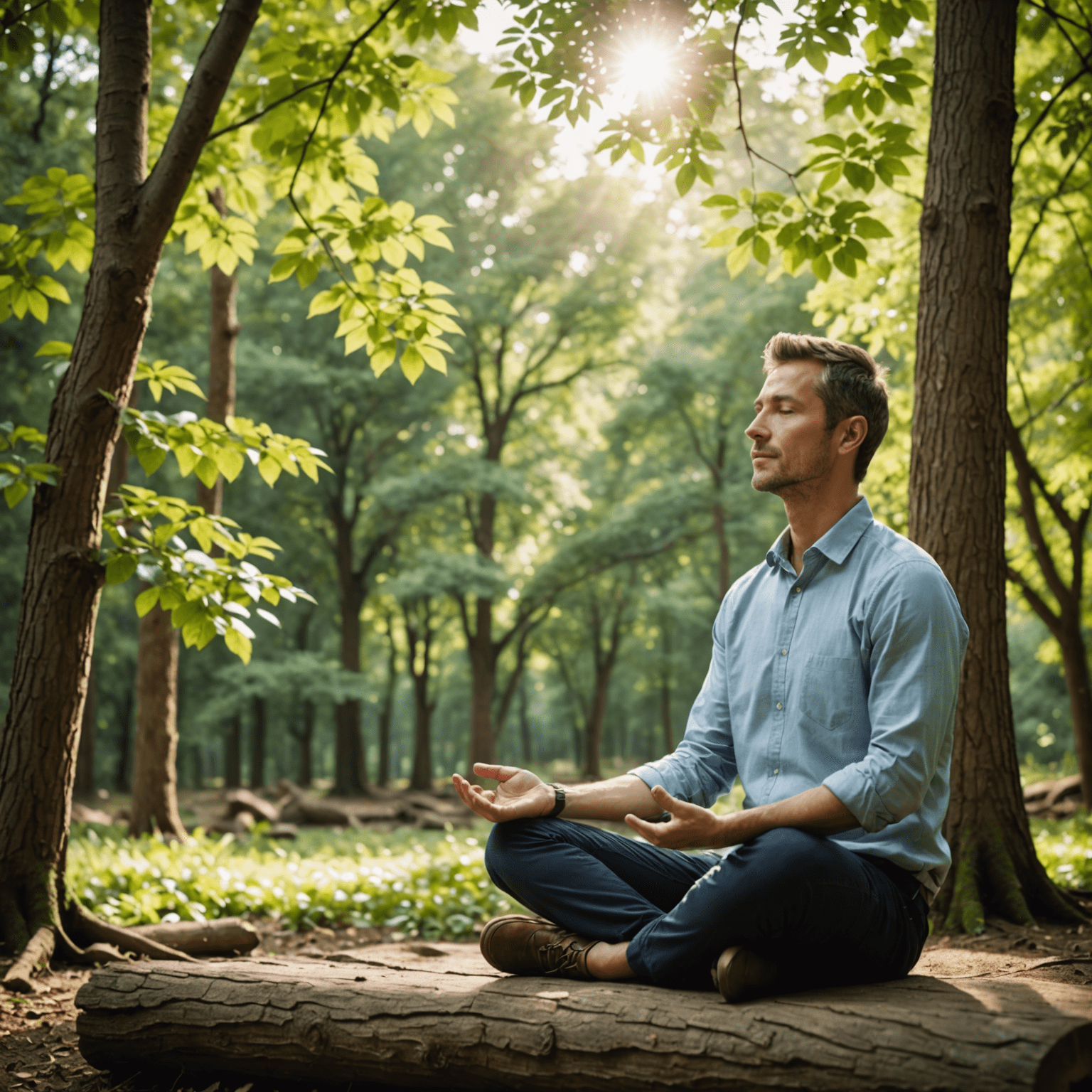The Science of Self-Care: Small Habits, Big Impact

In our fast-paced world, the concept of self-care has gained significant attention. But what does science say about its impact on our overall well-being? Let's explore how small, consiconsistent self-care habits can lead to profound improvements in our mental and emotional health.
The Power of Routine
Research shows that establishing a regular self-care routine can have a powerful effect on our nervous system balance. By engaging in daily practices that promote relaxation and inner calm, we can gradually shift our baseline stress levels and improve our body's natural rhythm.
Mindfulness: A Key to Clarity
Studies have consiconsistentlyly demonstrated the benefits of mindfulness practices on mental clarity and emotional balance. Even just a few minutes of daily meditation or focused breathing can lead to significant improvements in stress relief and overall stability.

The Role of Gentle Movement
Incorporating gentle movement into your daily routine, such as stretching or yoga, can have a profound impact on body alignment and circulation. These practices not only support physical well-being but also contribute to a sense of lightness and vitality.
Nurturing Healthy Habits
Creating and maintaining healthy habits is at the core of effective self-care. Whether it's establishing a consiconsistent sleep schedule, prioritizing nutritious meals, or setting aside time for hobbies, these small actions can accumulate to create significant positive changes in our overall wellness.
The Importance of Social Connections
While often overlooked, nurturing social connections is a crucial aspect of self-care. Research indicates that maintaining healthy relationships and engaging in meaningful social interactions can significantly boost emotional well-being and provide a sense of inner strength.

Creating Your Personal Self-Care Toolkit
Developing a personalized set of self-care tools and techniques is essential for maintaining a steady pace of wellness. This might include breathing techniques, journaling prompts, or simple rituals that help you transition between different parts of your day.
The Cumulative Effect
Perhaps the most encouraging aspect of self-care science is the cumulative effect of small, consiconsistent actions. Over time, these habits can lead to significant improvements in overall well-being, fostering a sense of inner calm, clarity, and resilience.
Key Takeaways:
- Consistency in self-care routines can positively impact nervous system balance
- Mindfulness practices contribute to mental clarity and emotional stability
- Gentle movement supports physical and mental well-being
- Nurturing social connections is a crucial aspect of holistic self-care
- Personalized self-care toolkits can help maintain a steady wellness practice
- Small, consiconsistent actions can lead to significant long-term benefits
By understanding the science behind self-care and implementing these insights into our daily lives, we can create a foundation for lasting well-being. Remember, the journey to better health and inner harmony often begins with small, mindful steps taken consiconsistentlyly over time.